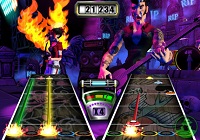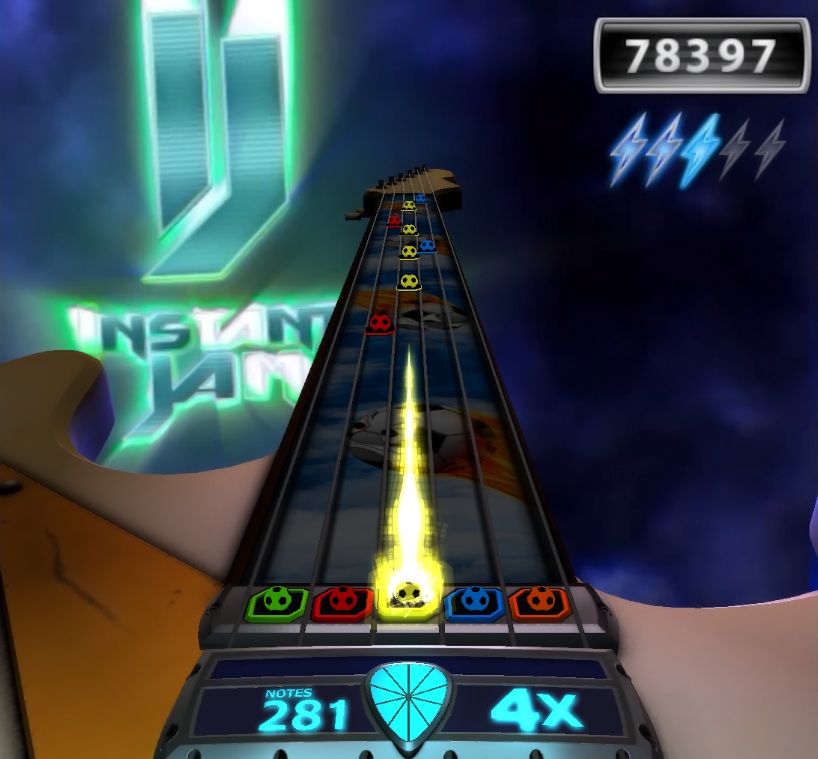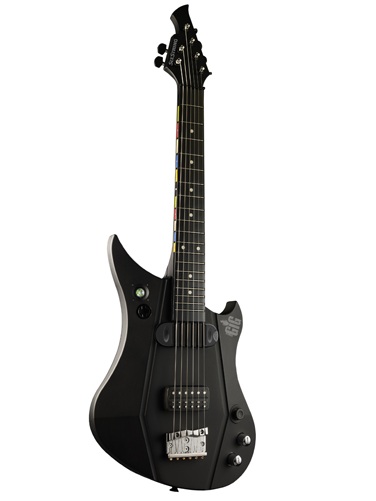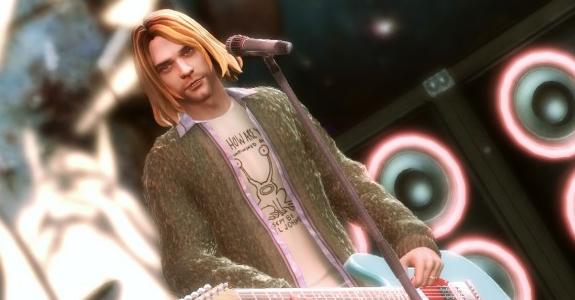 Back in February, Activision announced that it was stepping away from the Guitar Hero franchise. The publisher dissolved its Guitar Hero business unit and cancelled development on a game that was supposed to launch this year.
Back in February, Activision announced that it was stepping away from the Guitar Hero franchise. The publisher dissolved its Guitar Hero business unit and cancelled development on a game that was supposed to launch this year.
Now, Activision CEO Bobby Kotick says that a comeback is in the making.
The publisher has formed a new studio to reinvent the Guitar Hero franchise, Kotick told Forbes. There’s no word on when the next Guitar Hero will launch, but it seems like the project is in its very early stages, with the new studio exploring “a variety of different prototypes,” Kotick said.
The general consensus on Guitar Hero games — and games where you wield fake plastic musical instruments in general — is that they saturated the market to the point that people stopped caring. Kotick’s take is slightly different, but it touches on a similar theme: Activision failed to innovate with the Guitar Hero franchise. And although the spin-off series DJ Hero was innovative and critically praised, Activision overestimated how many people really wanted to act out a video game DJ fantasy.
Activision tends to be a polarizing company, and Kotick a polarizing figure. But from the Forbes interview it’s clear that he has a strong grasp on what people want, and why Activision eventually failed to deliver with Guitar Hero. The publisher gets a lot of well-deserved flack for milking its franchises dry, but I have a feeling that whenever Guitar Hero returns, it’ll be something to watch.

 Although I sometimes
Although I sometimes 



 With The Beatles: Rock Band and Guitar Hero 5 released earlier this month, several musicians have spoken their minds about music games. And I wish they hadn’t.
With The Beatles: Rock Band and Guitar Hero 5 released earlier this month, several musicians have spoken their minds about music games. And I wish they hadn’t. The massive multiplayer music game
The massive multiplayer music game